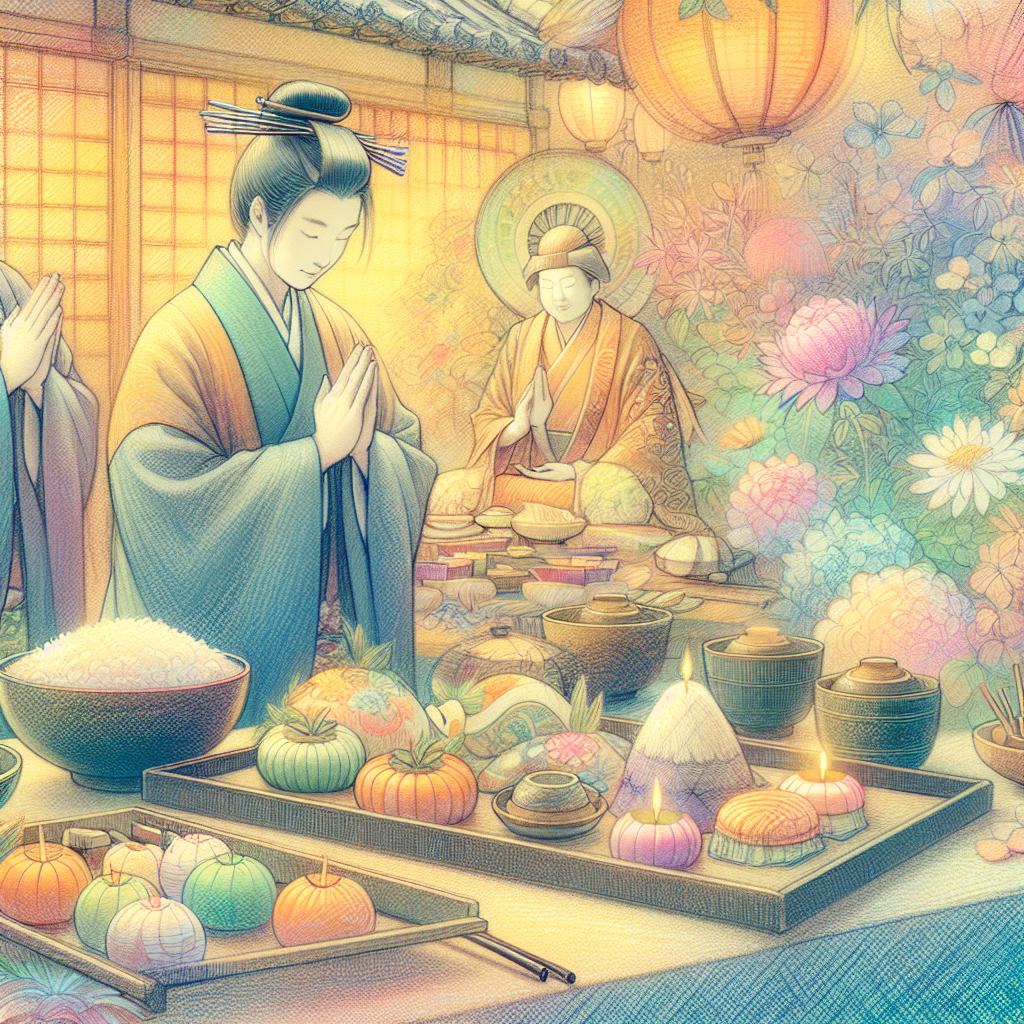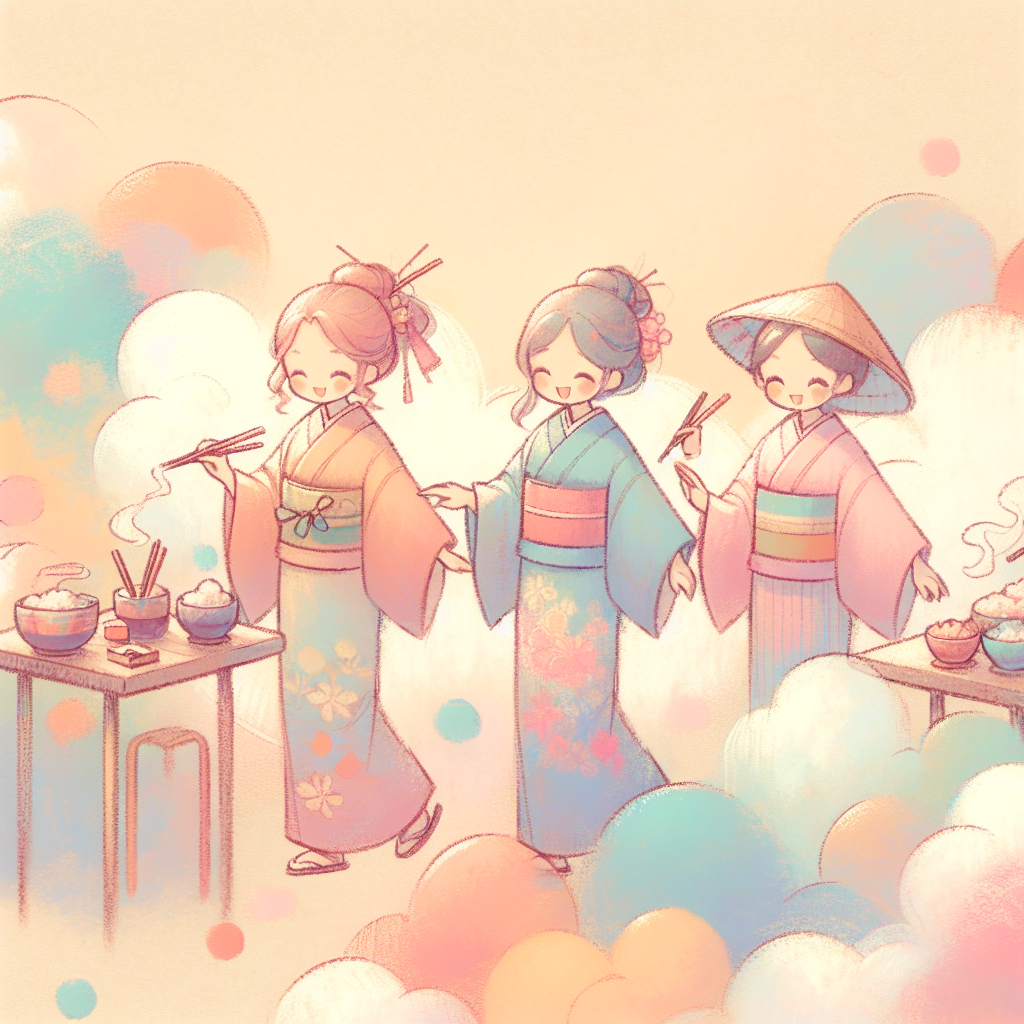Sacred Flavors: Exploring the Spiritual Essence of Japanese Cuisine
Food as a Sacred Offering: The Intersection of Japanese Cuisine and Spiritual Beliefs Japanese food culture is deeply rooted in a rich history and diverse traditions that reflect the philosophical beliefs of its people. In particular, Japanese cuisine transcends mere sustenance; it embodies significant rituals and spiritual dimensions. This exploration delves into the lesser-known aspects of Japan's food culture through the lens of "food as a sacred offering." The Fusion of Japanese Cuisine and Sacredness Japanese cuisine is not only celebrated for its visual beauty, but also for its taste, aroma, and the inherent power of the ingredients used. At the core is the philosophy of harmony with nature. For…









